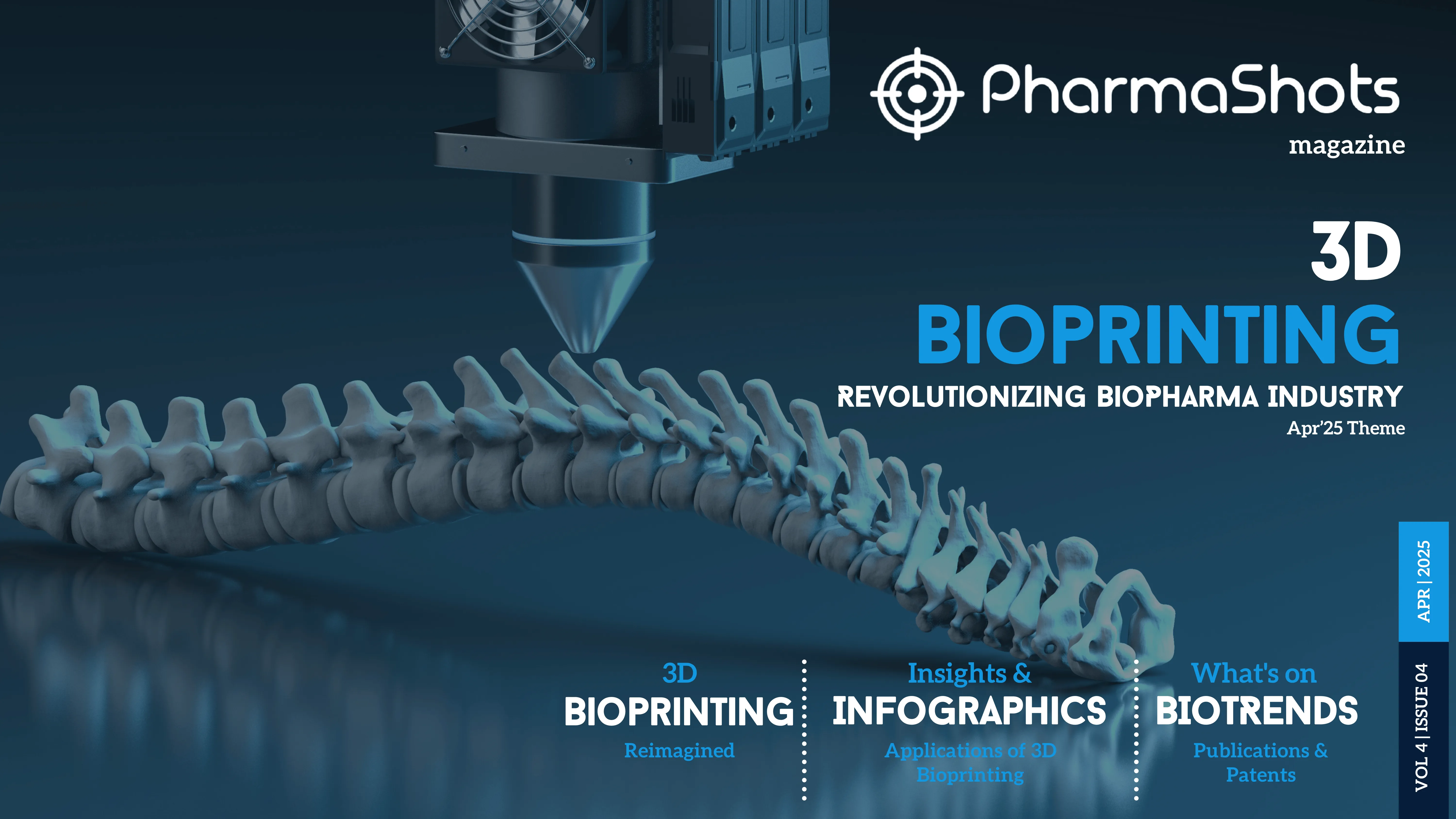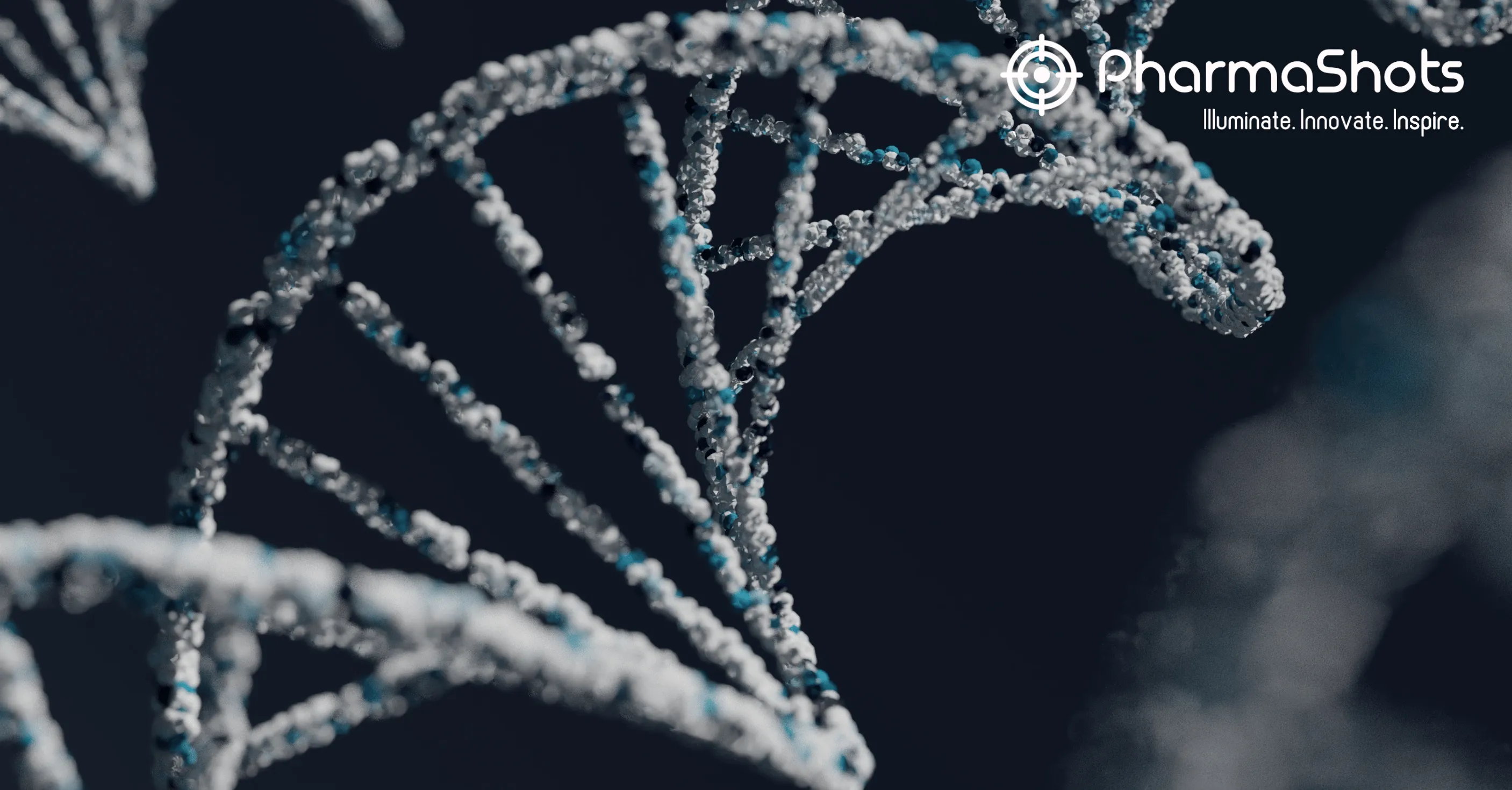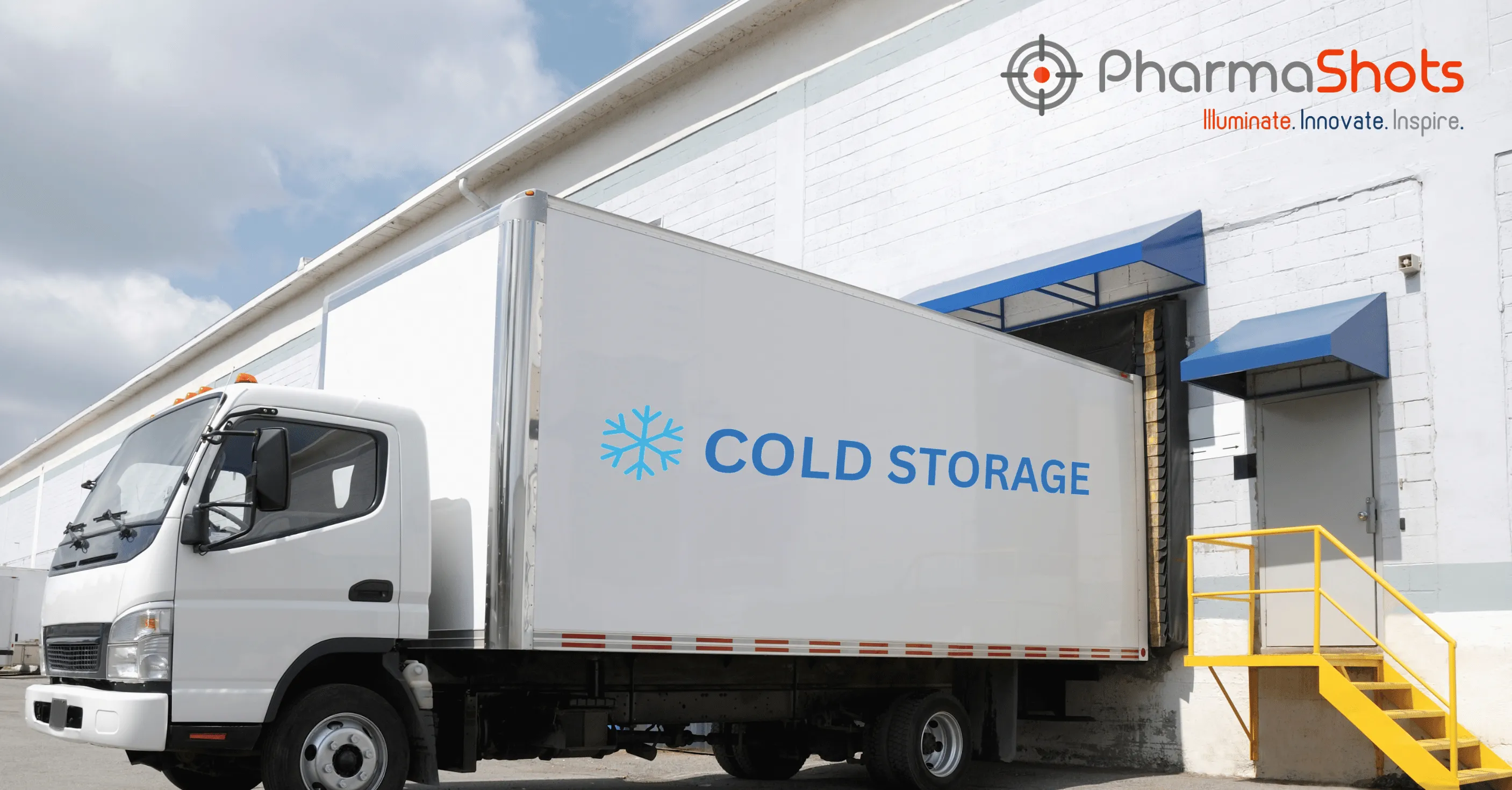
8 Ways to Expedite the Healing Process
When we talk about healing, it's often more than just physical recovery; it encompasses emotional and mental restoration as well. Whether recovering from an injury, surgery, or a psychological stressor, the process can sometimes feel slow and frustrating. However, there are several strategies that can help speed up this process, ensuring a more effective and efficient recovery. This article delves into some diverse methods that not only support physical healing but also foster emotional well-being.
1. Adopting a Nutrient-Rich Diet
One of the most fundamental ways to enhance your healing process is through a nutrient-rich diet. The body requires a variety of vitamins, minerals, and antioxidants to repair itself and fight off infection. Foods high in protein, such as lean meats, fish, and legumes, are crucial as they help rebuild tissue and strengthen the immune system. Vitamins such as Vitamin C, found in citrus fruits and green vegetables, are vital for collagen production and immune function. Incorporating a balanced diet not only supports physical recovery but also improves energy levels and mental health during the healing process.
2. Leveraging Support Networks
The support of family, friends, and community groups can be incredibly beneficial during the healing process. Emotional support helps reduce stress, while practical support can assist in daily tasks that might be challenging during recovery. Whether it’s sharing meals, offering transportation, or simply lending an ear, the involvement of loved ones can make a significant difference. Additionally, joining support groups where members share similar experiences can provide a sense of belonging and motivation, further aiding in recovery.
Similarly, being cared for by healthcare staff, especially those practicing faith-based nursing, can significantly expedite healing. The integration of spiritual care or religion in nursing helps healthcare staff address the holistic needs of patients, which include the mind, body, and soul. Nurses, particularly those who have secured an Accelerated Bachelor of Science in Nursing (ABSN) program, understand how to acknowledge and incorporate patients' spiritual beliefs, and foster a supportive healing environment.
This approach can greatly enhance patient comfort and emotional well-being, which are crucial factors in speeding up recovery.
3. Enhancing Sleep Quality
Sleep is a critical component of the healing process, as it allows the body to repair and regenerate. Poor sleep can delay recovery, weaken the immune system, and negatively affect mood. To enhance sleep quality, establish a consistent bedtime routine, ensure your sleeping environment is conducive to rest, and limit exposure to screens before bed. Techniques such as relaxation exercises or reading a book can also help prepare your body for a restful night, boosting overall health and accelerating the healing process.
4. Engaging in Physical Therapy
Physical therapy plays a vital role, especially for those recovering from physical injuries or surgeries. It involves specific exercises and activities designed to strengthen the body, improve mobility, and support efficient healing. Physical therapists tailor their programs to individual needs, ensuring that each patient receives the most appropriate and effective treatment. If you're recovering from an accident or experiencing neck pain, consulting a specialized whiplash injury doctor can recommend a combination of physical therapy and modern medical treatments to alleviate pain and restore mobility effectively. Regular sessions can significantly shorten recovery time, reduce pain, and increase functionality, making physical therapy a cornerstone of physical rehabilitation.
5. Utilizing Modern Medical Treatments
Modern medicine offers a range of treatments that can expedite healing, from surgical interventions to pharmaceuticals and advanced therapies. Innovative treatments like stem cell therapy, laser treatments, and minimally invasive surgeries can significantly reduce recovery times and improve outcomes. Medications can manage symptoms and prevent complications, allowing for a smoother and faster healing process. Staying informed about the latest medical advances and consulting with healthcare professionals can help you choose the most effective treatments for your specific health needs.
6. Practicing Mindfulness and Meditation
Mindfulness and meditation are powerful tools for managing stress and enhancing emotional well-being, both of which are crucial for effective healing. By focusing on the present moment and calming the mind, these practices can lower stress hormones, which are known to impede healing. Simple techniques such as deep breathing exercises, guided meditations, or even mindful walking can significantly contribute to mental clarity and emotional peace. Incorporating mindfulness into your daily routine can help maintain a positive and proactive attitude towards recovery, facilitating a quicker return to health.
7. Keeping Hydrated
Water plays an essential role in every bodily function, including the healing process. Keeping hydrated helps transport nutrients to cells, flush out toxins, and maintain optimal cell function. It's particularly crucial when the body is repairing itself, such as after surgery or during an illness. To stay adequately hydrated, aim to drink at least eight glasses of water a day. Moreover, consume water-rich cucumbers, oranges, and watermelons in your diet. Proper hydration can improve energy levels, aid in digestion, and help ensure that the body's healing mechanisms are working efficiently.
8. Maintaining a Positive Attitude
A positive outlook is not just good for your mental health; it can actually accelerate physical healing. Optimism can lead to better health outcomes by influencing behavioral choices and physiological responses. Engaging with a supportive community, setting small, achievable goals, and practicing gratitude can all help cultivate a positive mindset. Keeping your spirits up and facing the healing process with hope and determination can reduce recovery time and improve overall well-being.
Conclusion
Healing is a journey that involves more than just medical treatment; it requires a holistic approach that encompasses both the body and the mind. By incorporating a variety of methods—from maintaining a nutrient-rich diet and staying hydrated to practicing mindfulness and leveraging support networks—individuals can significantly expedite their healing process. Each method offers its own benefits, and when combined, they provide a powerful strategy for enhancing overall health and well-being. It’s important to be proactive about your recovery and consider these diverse approaches as complementary elements that can work together to help you return to full health more quickly. Remember, the key to a swift recovery lies in taking an active role in your own healing process, being patient with yourself, and staying connected with those who support you. Together, these strategies form a comprehensive plan that empowers individuals to not only recover efficiently but also to thrive during and after the healing process.
Related Post: 6 Widely Used Content Marketing Formats by Biopharma Companies
Tags

Carla Adams is an enthusiastic dreamer and a workaholic to achieve that. She is a passionate blogger, writer, basketball player, researcher, and fashion freak. She has contributed to many reputed blogs and is constantly on the lookout to reach authoritative blogs around. Currently, she is associated with Sophie & Trey, an online clothing boutique in Lake Mary Florida for their blog operations. For all the updates follow her on Twitter @CaCarlaadams














